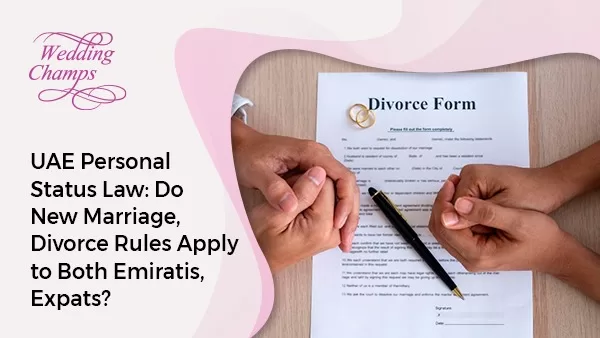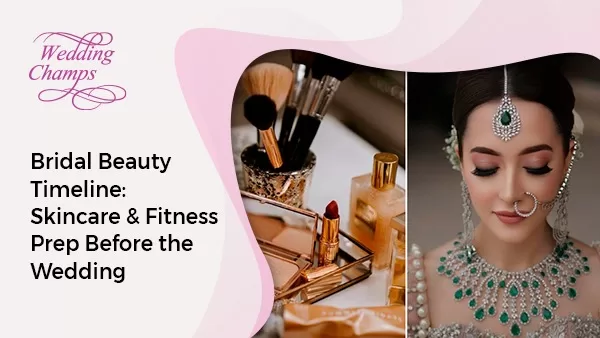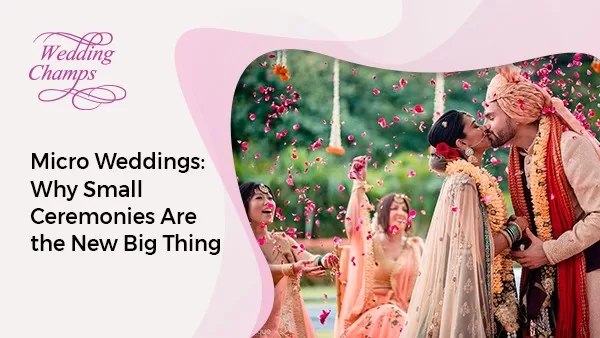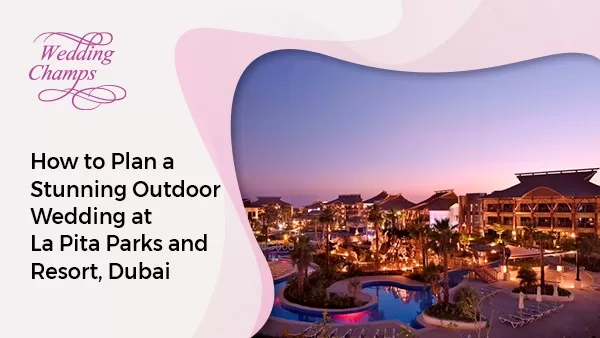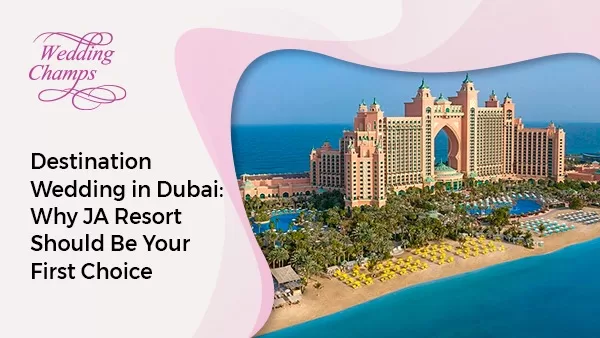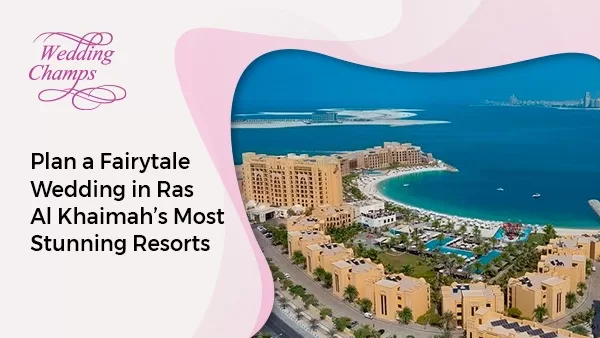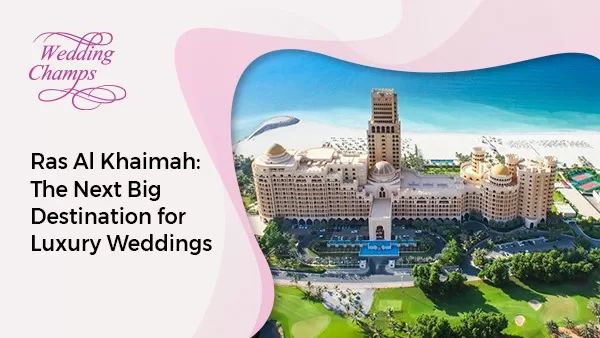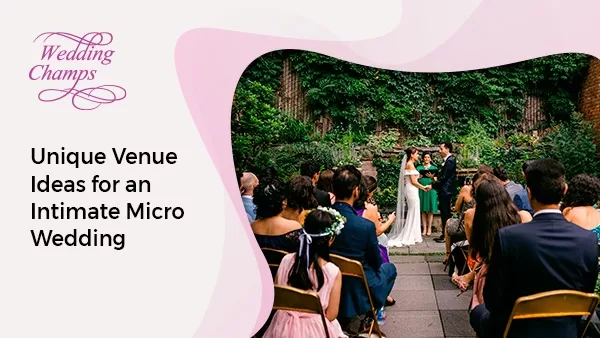The Different Ceremonies Involved in the Modern Day Emirati Wedding
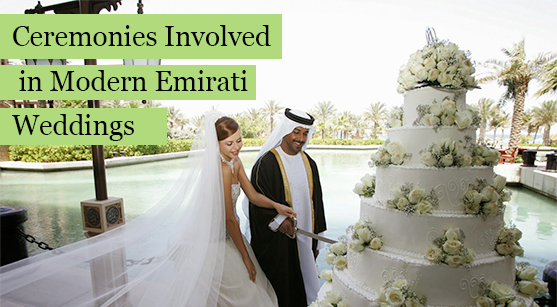
Marriages in the Muslim world are guided by Islamic laws and practices specified in the Quran. It is an incredible custom followed in the community as it is aimed to preserve the religion through family creation. With Muslims dwelling in different regions of the world their weddings are also influenced with the local customs and traditions. Here we discourse about the different ceremonies involved in the modern day Emirati wedding commonly practiced in Dubai and surrounding emirates.

In UAE, the traditional Bedouin wedding is an elaborate affair that lasts for 7 days of celebration. Commencing with the marriage proposal ceremony called as Al Khoutha where the groom’s father asks for bride’s hand from her father. It is followed by Al Akhd, a marriage contract agreement. Traditionally after the wedding date is fixed, bride rests at her home for 40 days before the wedding where she is pampered and fed with the healthiest of the recipes. She is anointed with all sorts of traditional oils and perfumes from head to toe. Her body is rubbed with cleansing and conditioning oils and creams and the hair is washed with extracts of amber and jasmine. Fine pieces of perfumes, silk materials, and other necessary items are presented to her by the groom, from which she creates her ostentatious trousseau called Addahbia.
Then 2-3 days before the main wedding day, Laylat al Hennaor Ladies night or Arabic Bridal Shower is organized usually at the bride’s parental residence or some private venue. Here, all the bride’s female relatives and friends are invited to an evening of music, dancing and sumptuous food and of course henna tattooing. For all the ladies this is a night to glam up and shine in their best outfits. The arrival of the bride energizes the atmosphere with drums, shakers, tambourines beating in unison. This is the moment when members in the room go to the bride and bless her and may sometimes give gifts of jewelry and money. Photos are clicked. The henna artist begins to decorate the bride’s hands up till the elbow and the entire feet which symbolize attractiveness, fortune, and healthiness.
Another traditional element of the UAE customs is the Arabian Kohl or eyeliner which is used to decorate the bride’s eyes to give her that extra glitter.
The Henna night follows Al Aadaa, a groom-teasing rite done by the friends of the bride wherein they ask compensation after embellishing the bride with henna. The ceremony also encompasses a family towards the bride’s home, a re-enactment of a dance known as Al Ardha, and the Zaahbaah or the displaying of the bride’s garments and the gifts she received from her groom’s family.

The most awaited Wedding day is marked by Nikah, the official religious ceremony which is officiated by Maulvi or the priest called Qazi. This is followed by the wedding receptions which are organized at the lavish hotels or traditional wedding halls in Dubai. The seating arrangement i
n these venues is segregated for men and women. The arrival of bride happens with her husband who walks her to the front stage, sits for photographs and then leaves to his hall. At this point, ladies from the bride’s family greet the bride and music begins. The ladies all start dancing in their splendid colorful attire. Female friends can also join in the dancing. After some time, an announcement marks the arrival of the groom in the ladies hall with his male family members. Female guests who wish to cover themselves do this now. A flamboyant procession of males playing instruments such as customary drums enter, the groom is in the middle and beside him his immediate family members all carrying traditional sticks which they dance with. The entire procession sequence looks impressive and well timed. At this point the bride is instructed to cover her hair and pictures are taken. After the photos, men leave quietly and the ladies party resumes with music and dinner being served.
This marks the end of the celebration and the couple lives happily ever after.
This is followed by the wedding receptions which are organized at the lavish hotels or traditional wedding halls in Dubai.




